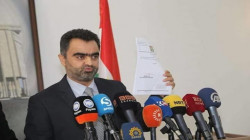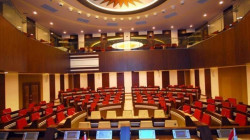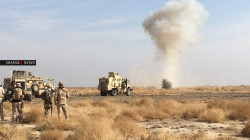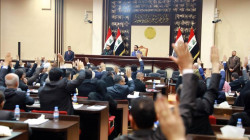Iraqi Finance Minister: 2024 budget spreadsheets to head to parliament soon
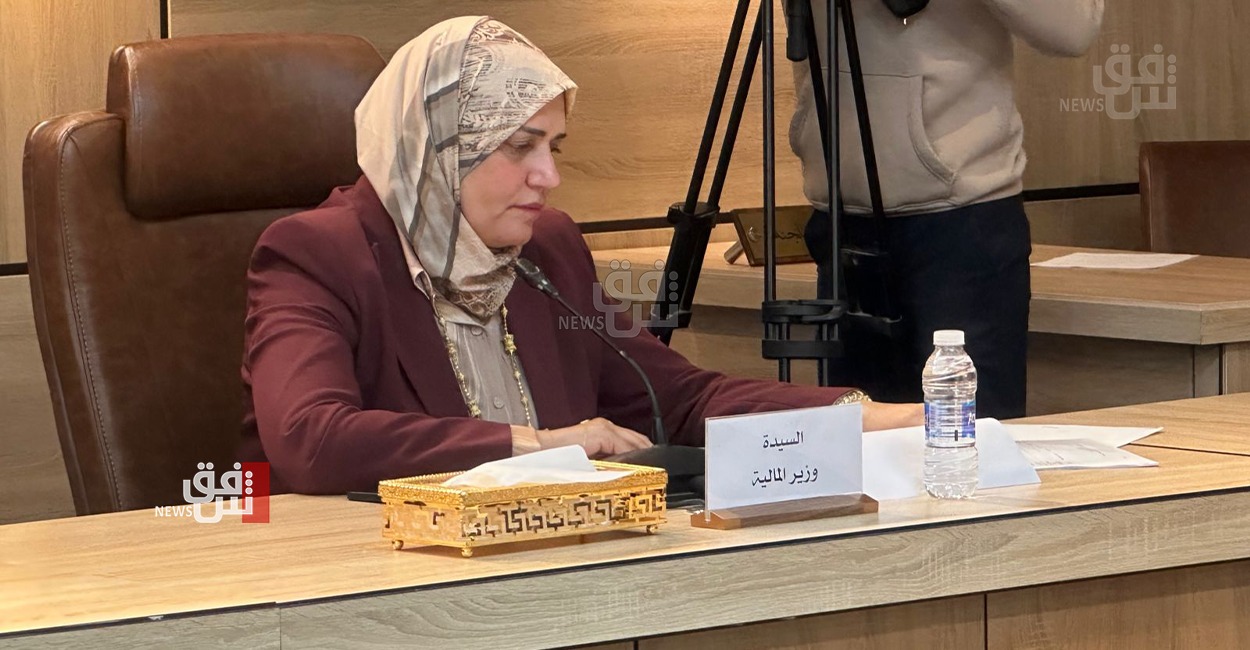
Shafaq News/ Iraq's Finance Minister Taif Sami on Monday said that the spreadsheets of the 2024 budget will be sent to parliament shortly.
Sami made those remarks during a meeting with the parliamentary finance committee earlier today.
She assured them that the salaries of the public servants for 2024 are fully guaranteed.
On the public servants in the Kurdistan region, the minister explained that releasing salaries for the current month depends on receiving complete staff lists. She added that the ministry has set a condition of domiciling salaries in the federal banking system for future disbursements in the region.
Sami confirmed the disbursement of operational budget funds has begun.
The 2024 budget tables, after receiving cabinet approval, will be forwarded to parliament for their consideration.
On Sunday, the parliamentary finance committee announced its intention to meet the finance minister on Monday.
This news follows the Iraqi Ministry of Finance's confirmation of implementing measures to secure consistent salary funding according to the 2024 and 2025 budgets. They also denied political claims suggesting a lack of "financial liquidity."
Earlier this month, Iraq's top court ordered the federal government to cover public sector salaries in the autonomous Kurdistan region, where some workers have gone for months without pay.
Civil servants have taken the regional and national authorities to court and demonstrated over unpaid salaries in Kurdistan, where officials have long accused Baghdad of not sending the necessary funds.
In a ruling aired on state television, the Supreme Court said the central administration would pay government workers, employees at public institutions, social benefit recipients, and pensioners directly, instead of through the regional administration.
Court chief Jassem al-Omeiri said public entities "should coordinate directly with the federal government's finance ministry to implement" the change.
The case was brought by civil servants in Sulaimaniyah, the autonomous region's second city, where hundreds of teachers have also taken to the streets in recent weeks to demand compensation for unpaid salaries from last year.
In September, Baghdad had agreed to increase funds allocated to Iraqi Kurdistan, saying it would provide the northern region with three annual payments of 700 billion dinars (about $535 million).
Thanks to oil exports, the region previously had independent funding that partly covered salaries.
But a dispute involving the federal government and Turkey, through which the oil had been exported, has blocked that source of income for the regional administration since late March.
Iraqi Kurdistan and Baghdad later agreed in principle that sales of Kurdish oil would pass through the federal government. In exchange, 12.6 percent of Iraq's public spending will go to the autonomous region.
The court in its ruling also ordered the Kurdish administration to hand over "all its oil and non-oil revenues" to the federal government, and an audit of relevant accounts.
With oil revenues gone, Kurdistan's current main source of revenue is taxes collected at border crossings with neighboring countries including Iran and Turkey, two of Iraq's main regional trade partners
